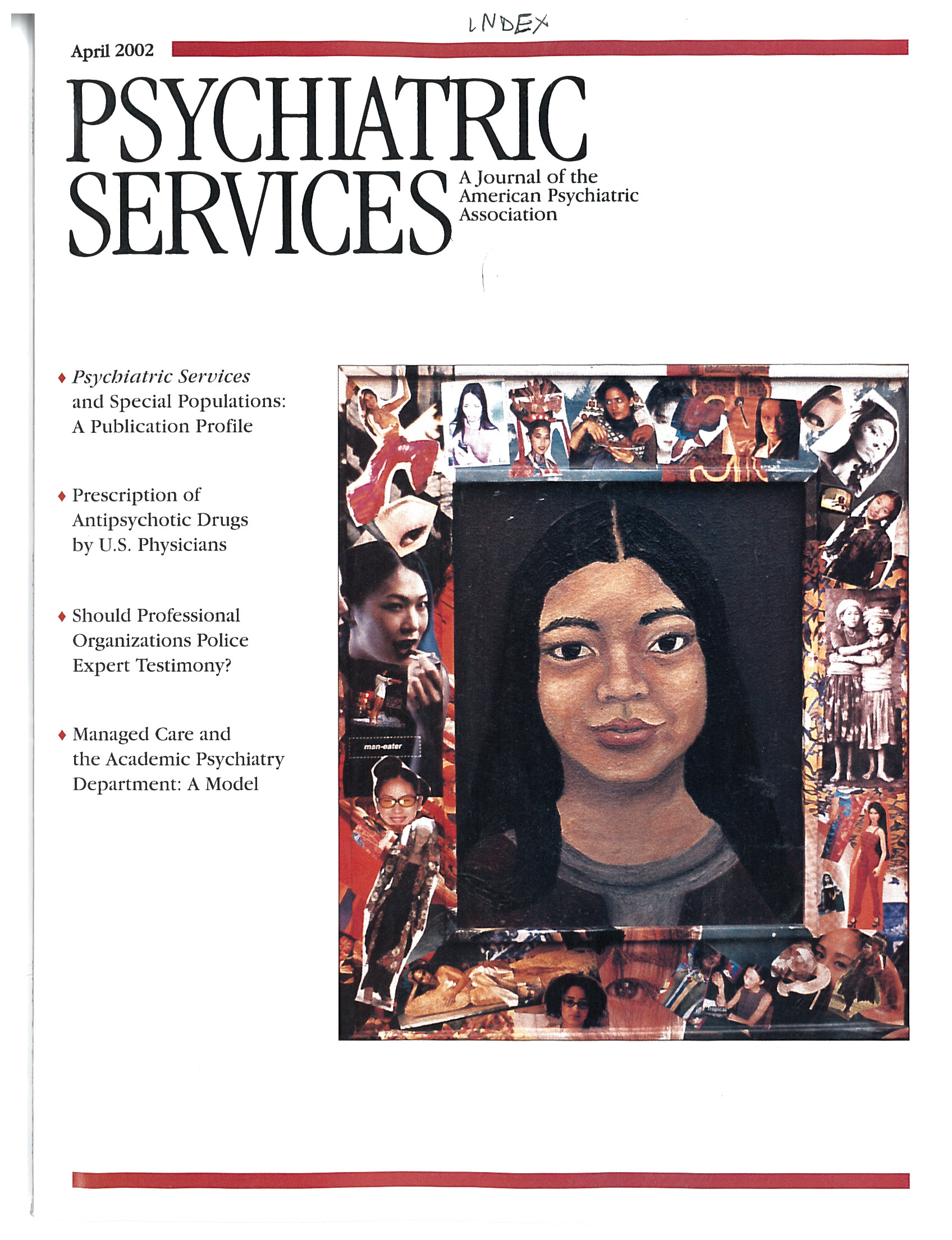After the World Trade Center disaster on September 11, a group of clinicians, educators, and administrators from New York State Psychiatric Institute responded to requests, mostly from government and nonprofit agencies, to provide mental health debriefings to persons affected by the disaster. Our group was aware of the controversy about the effectiveness of one-session debriefings, but the pressure to offer this service, from both administrators and employees, convinced us that a response was needed.
Between September 26, 2001, and November 6, 2001, our group facilitated 12 debriefings, using a psychoeducational model. Each session lasted 90 minutes to two hours. The facilitators remained on-site for about half an hour after the presentation to answer questions. Attendance was voluntary, a point that was emphasized at the beginning of each session. We provided information about emotional responses to disaster, both normal and traumatic; advice for helping children who have been exposed to trauma; and practical steps that participants might take to feel safer.
The group of facilitators usually included a psychiatrist, a psychologist, and a social worker. All facilitators had prior training. The program was flexible and allowed time for questions. The sessions emphasized resilience and recovery but included a discussion of the types of problems that might suggest that a participant would benefit from mental health services. We developed a referral list, which included over 100 mental health professionals who were willing to donate treatment time.
In early November, we distributed evaluation forms by contacting the employee who had organized the session at each site, usually the employee assistance coordinator. This person distributed the anonymous questionnaires along with stamped, self-addressed envelopes to employees who had attended the sessions. Of 203 surveys distributed, 129 (64 percent) were returned. The 13-item questionnaire covered demographic characteristics, level of exposure, perceived impact of the September 11 events, and an evaluation of the debriefing.
Our survey included only one individual who was actually in the World Trade Center on September 11. Most participants had lost someone they knew or had been indirectly affected.
Eighty-two percent of the respondents found the intervention helpful, 10 percent did not find it helpful, and 8 percent had no opinion. Eighty-six percent did not find the session harmful, but 3 percent (four participants) did find it harmful.
Sixty-eight percent felt better after the session, but 22 percent did not. Ninety-one percent found the session informative. Forty-seven percent felt more comfortable discussing the disaster, 43 percent were already comfortable, and 10 percent did not feel more comfortable. Among respondents with children, 74 percent said the session helped them talk to their children, and 22 percent said it was not helpful. For the subgroup with the highest level of exposure, 92 percent of those who lost someone found the session helpful, and one participant (3 percent) did not. Two percent (13 respondents) of this subgroup had been within five blocks of the World Trade Center at the time of the disaster, and all of them found the session helpful. Ninety-seven percent of the respondents who said that they were "having symptoms" found the session helpful, and one participant did not.
The last part of the survey asked participants to check all applicable statements. Sixty-eight percent of the respondents indicated that they would recommend the sessions to others, 39 percent felt they would benefit from additional sessions, and 48 percent indicated that they used information from the sessions to help coworkers, friends, or family. Thirty-six percent said that as a result of this session they had a clearer idea of how to handle a disaster. About a dozen persons received a referral after these sessions, but in some cases the person who needed the referral was not a participant but a friend or coworker of a participant. Only 3 participants (2 percent) indicated that they sought mental health services after the session.
After a disaster, people often have a desire to process the event. Most participants who answered our survey indicated that the debriefing sessions that were held for this purpose were helpful and positively received.
More research on debriefings is needed. Regardless of experts' concerns, there is a great demand for them, and many participants feel that they have been helped by debriefing. Debriefings also create an opportunity for case finding. Four participants found the session harmful, one of whom had had significant exposure to the events. A better understanding of adverse responses is essential.

